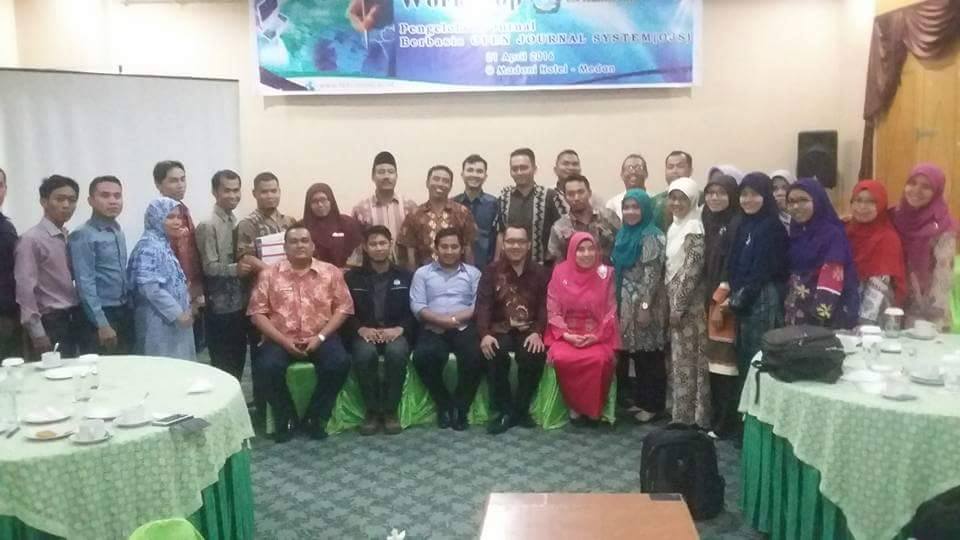THE PATTERN OF COACHING CADRES OF SAHABAT MUDA COMMUNITY IN PRODUCING YOUNG SOCIAL LEADER BASED ON SOCIAL ENTREPRENEURSHIP
Abstract
Keywords
Full Text:
PDFReferences
Apriyani, A., & Musta’an. (2020). “Peran Humas Lembaga Amil Zakat Nasional Daarut Tauhiid Peduli Surakarta (LAZNAS DTP)”, Jurnal Education and Economics, 3(2), 105-110.
Anggito, Albi dan Johan Setiawan. (2018). Metodologi Penelitian Kualitatif. Sukabumi: Jejak Publisher.
Dusturiya, Nyda. (2018). Strategi Pengembangan Kompetensi Dalam Membangun Social Entrepreneur Bagi Mahasiswa Di Komunitas Sahabat Muda Yayasan Lagzis Peduli Surabaya.Skripsi: Universitas Islam Negeri Sunan Ampel Surabaya,
Garst, BA., Weston, KL., Bowers, EP., & Quinn, WH. (2019). “Fostering youth leader credibility: Professional, organizational, and community impacts associated with completion of an online master's degree in youth development leadership,” Children and Youth Services Review, Volume 96, 1-9.
Karabushchenko N.B., Shtyrev M.M., Petrovskaya M.V. (2021). Psychological Features of Modern Youth Leader. In: Popkova E.G., Sergi B.S. (eds) “Modern Global Economic System: Evolutional Development vs. Revolutionary Leap. ISC 2019”. Lecture Notes in Networks and Systems, vol. 198. Springer, Cham.
Leadbeater, C. (1997). The Risk of the Social Entrepeanuer.Great Britain: BDW Assosiation.
Muryanti , (2020). “Towards Social Entrepreneurship in the Village through Village-Owned Enterprises,” Society, 8(1), June 23, 163-174.
Nurjannah, Sofia. (2015). Strategi Dan Kontribusi Kegiatan Social Entrepreneurship Dalam Pemberdayaan Anak Muda Di Komunitas Sahabat Muda Yayasan Lagzis Peduli Surabaya. Skripsi: Universitas Islam Negeri Sunan Ampel Surabaya.
Purwanti, A. (2020). “Budaya dan Kinerja Organisasi Lembaga Amil Zakat”, Bina’ al-Ummah, 15(2), 189-212.
Rahmalia, M.R., & Machdum, S.V. (2020). “Membangun Hubungan Pada Proses Fundraising di Lembaga Amil Zakat,” Sosio Infoma, 6(1).
Ramadhita, (2012). “Optimalisasi Peran Lembaga Amil Zakat Dalam Kehidupan Sosial”, Jurisdictie,Jurnal Hukum dan Syariah, No. 1. (Juni).
Saeful Asep, Muhtadi dan Ahmad Safei. (2003). Metode Penelitian Dakwah. Bandung: Pustaka Setia.
DOI: http://dx.doi.org/10.30829/hf.v8i2.9071
Refbacks
- There are currently no refbacks.
Indexed by:



_-_Copy3.png)














